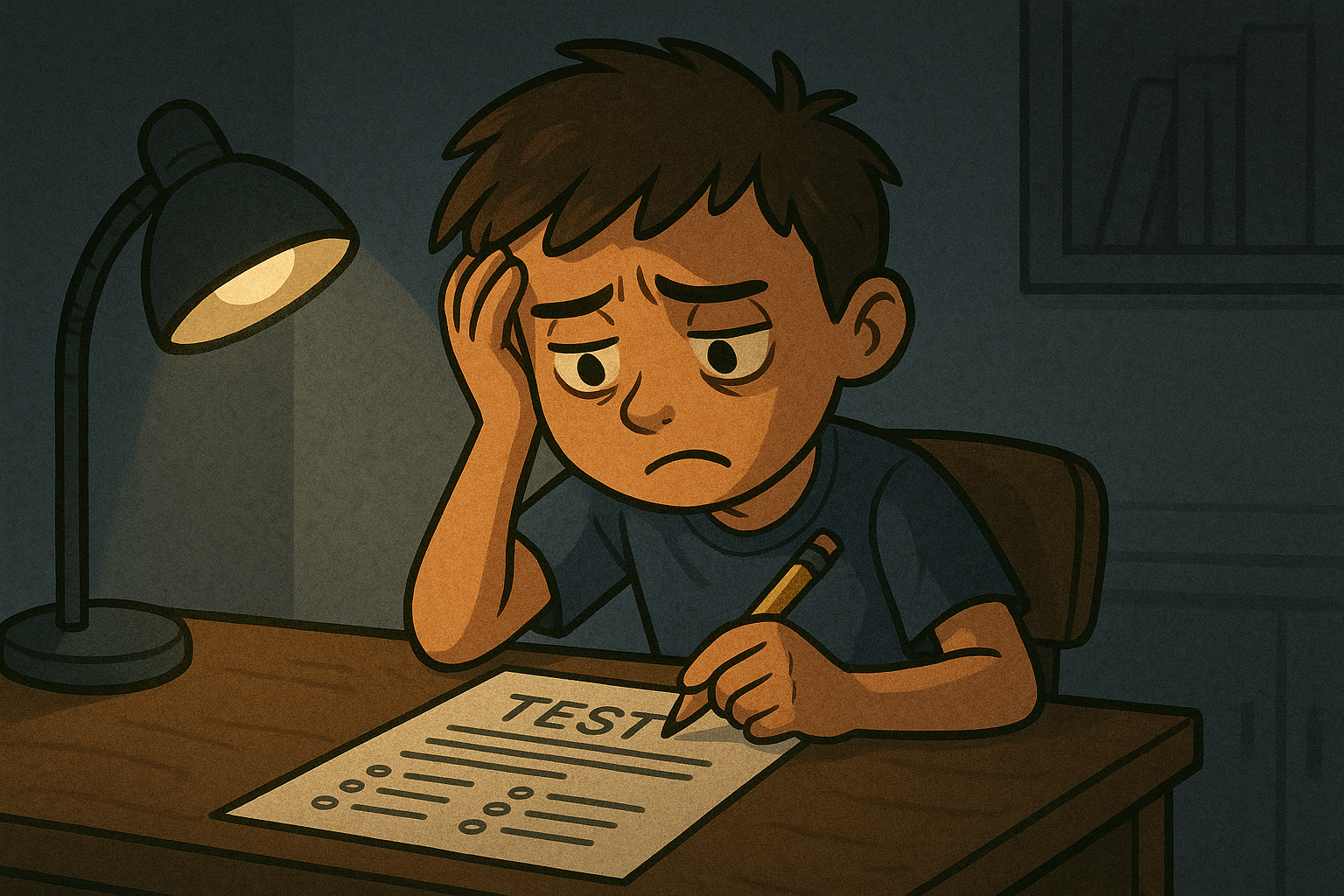As co-founder of the Wepala Innovation Centre, I’ve seen it far too often. Parents, understandably focused on their child’s success in the SEA exams, begin pulling their child out of enriching activities like robotics, sports, and music. The belief is that sacrificing these “extras” will free up time and reduce distractions. But as both an educator and a parent of a child preparing for SEA in 2026, I believe this approach may actually do more harm than good.

Here’s why:
A Balanced Mind is a Better Learner
Children aren’t just exam-takers. They’re growing minds, bodies, and hearts. When we strip away the activities that bring them joy, challenge their creativity, and keep them physically active, we risk unbalancing the very foundation of effective learning. Robotics, football, dance, and other extracurriculars aren’t distractions — they’re opportunities to develop critical thinking, teamwork, and resilience. These skills are just as crucial for exam success as memorization.
Physical Activity Reduces Stress
My son, a member of Adrenaline Football Academy in Arima, thrives on the balance between academic preparation and the thrill of the game. Football provides him with a healthy outlet for stress, and the physical activity keeps his mind sharp and focused. Research consistently shows that children who remain physically active perform better academically, manage stress more effectively, and sleep more soundly — all essential for excelling in SEA.

SEA Is a Milestone, Not the Destination
While SEA is important, it’s not the only measure of a child’s potential. By cutting out activities they love, we risk sending the message that test scores define their worth. Instead, let’s teach them that balance and perseverance are the true keys to success. Let’s encourage them to enjoy learning, to explore their interests, and to stay connected to the things that make them feel confident and happy.
Extra Activities Foster Resilience
At Wepala Innovation Centre, I’ve seen firsthand how robotics helps students develop problem-solving skills and confidence in handling challenges. These are the very qualities they’ll need in SEA and beyond. When we pull them out of these activities, we’re not just cutting time from their schedule — we’re chipping away at their resilience and adaptability.
What’s the Solution?
Instead of cutting extracurriculars entirely, consider:
-
Structured schedules that balance study time with active breaks.
-
Prioritizing quality over quantity in study sessions. Use Little Apollo to Practice with Purpose!
-
Encouraging open communication with your child about their needs and feelings.
-
Celebrating all achievements, not just academic ones.
SEA preparation is a marathon, not a sprint. Let’s give our children the tools to run that race with confidence, creativity, and a love for learning.




Leave a Comment